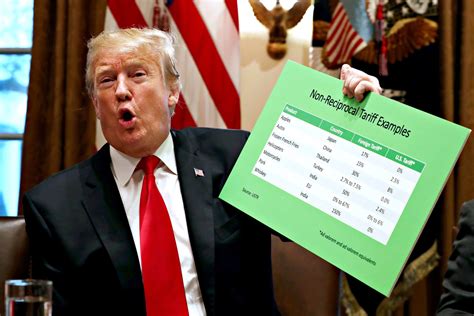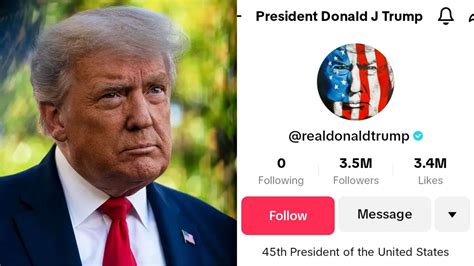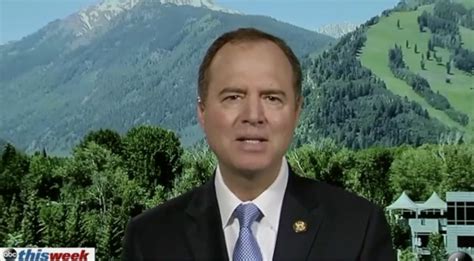“This is one of the most important days in American history.”
In a historic move that shook the global economy to its core, U.S. President Donald Trump declared what he termed as a “liberation day” from the White House Rose Garden. The announcement revealed an extensive tariff plan that experts predict could mark the largest tax increase in modern U.S. history.
With tariffs reaching double-digits on nearly every trading partner, concerns over retaliatory actions loom large. The ripple effects of these tariffs are expected to be far-reaching, potentially impeding economic growth not just within the United States but also globally.
The Unveiling of Trump’s Tariff Strategy
During his address, Trump highlighted the reciprocal nature of these tariffs, aiming to level what he perceives as an unbalanced playing field in international trade. These tariffs are set to range from 10 percent up to a staggering 46 percent on imports from countries like Vietnam.
The decision to impose these tariffs under the International Emergency Economic Powers Act underscores Trump’s assertion that addressing the existing trade deficit is essential for national security and economic prosperity. However, economists and industry experts anticipate significant challenges ahead due to this drastic policy shift.
Implications for Businesses and Consumers
The potential impact of these tariffs on U.S. businesses and consumers cannot be understated. With estimates suggesting a substantial increase in tax burdens ranging from hundreds of billions to potentially trillions of dollars annually, coupled with diminished export opportunities, the repercussions are immense.
Stock markets responded swiftly to this announcement, reflecting concerns about future economic stability amidst escalating trade tensions. This move also raises questions about how other nations will react and whether it will trigger a full-blown trade war with unforeseeable consequences for all parties involved.
Expert Analysis and Forecasts
Economists have been revising their growth projections downward as uncertainties surrounding global trade intensify. The likelihood of an impending recession has risen significantly due to these escalating trade disputes initiated by the United States.
Amidst this backdrop of economic uncertainty, industries across various sectors brace themselves for potential disruptions caused by rising costs and restricted market access. From farmers facing increased input prices to manufacturers grappling with supply chain complexities, stakeholders navigate uncharted territory under this new tariff regime.
Looking Ahead: Challenges and Opportunities
As businesses adapt to this evolving landscape, strategic planning becomes paramount in mitigating risks associated with shifting trade policies. While some view these tariffs as bargaining tools subject to negotiation outcomes, others warn of prolonged market instability unless clarity emerges regarding future trade relations.
The road ahead remains uncertain as secondary tariff proposals gain traction within Washington’s policy circles. Such measures targeting specific commodities or countries could further escalate tensions on the global stage, impacting not just economic indicators but also geopolitical dynamics worldwide.
In conclusion, Trump’s ‘Liberation Day’ marked a pivotal moment in U.S. trade history with profound implications for domestic industries and international relations alike. As stakeholders grapple with mounting challenges posed by these tariffs, they must navigate through unprecedented terrain shaped by evolving geopolitical realities.









Leave feedback about this